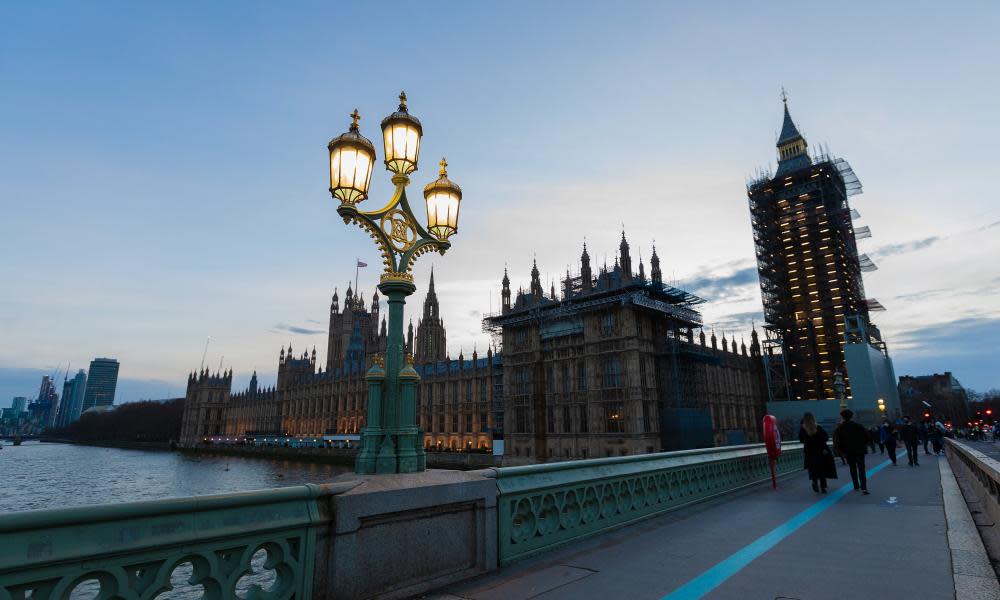Ministers urged to stop ‘hiding from scrutiny’ by blocking FoI requests

Six government departments have between them spent at least half a million pounds over the past four years trying to block information being released under the Freedom of Information (FoI) Act.
They include the Department of Health and Social Care, which spent more than £129,000 in one case trying to stop the release of ministerial diaries before a judge eventually ruled most of the information should become public.
In another case, the same department spent £20,000 trying to stop a journalist from obtaining information about fire safety in hospitals.
The figures have been revealed after FoI requests by the investigative political website openDemocracy, in relation to efforts by government lawyers to challenge decisions by the Information Commissioner’s Office (ICO), which regulates information rights in the UK. The result, in some cases, has been expensive legal tribunals.
Related: UK editors call on ministers to protect freedom of information
The Department of Health was also found to have spent £87,000 on attempting to preventing the release of drafts of a policy document about childhood obesity.
Elsewhere, the Department for Work and Pensions has sparked three appeals against the ICO since 2018, spending more than £80,000. The Department for Education has spent at least £52,000 to date on attempts to prevent FoI releases.
A recent survey carried out by the polling company Savanta ComRes, for openDemocracy, found that nearly three-quarters of UK adults were concerned about a rise in government secrecy.
The online poll in the middle of last month asked 2,075 UK adults how concerned they were that the percentage of FoI requests that government departments had refused to answer in full had increased in recent years.
About 71% said that they were concerned, while 18% were not. Those aged 55 and over (75%) were more likely to be concerned than those aged 35-54 (69%) and 18-34 (68%).
A spokesperson for the government said that it was committed to being open and transparent, adding that it balanced the need to make information available with a duty to protect sensitive information.
They added: “Just like any other public authority, under the FoI Act the government has a right to appeal ICO rulings and set out our position when we feel there is a need to protect particularly sensitive information, including related to national security and personal data.”
“We routinely disclose information beyond our obligations under the FoI Act, and are releasing more proactive publications than ever before.”
Peter Geoghegan, the editor-in-chief of openDemocracy, called on ministers to stop using public money “to hide from public scrutiny”.
“At a time when the public are concerned about government secrecy it is deeply ironic that government departments are spending hundreds of thousands of pounds of public money to hide information from the public. Ministers need to stop using public money to hide from public scrutiny,” he said.
Earlier this year, the government lost a legal battle to prevent the release of documents about an “Orwellian” unit that is accused of obstructing the release of material requested by the public under the FoI Act.
The Clearing House, a little-known unit that sits at the heart of government, circulates details of certain FoI requests by journalists, campaigners and others around Whitehall and also advises on how to respond to them.

 Yahoo News
Yahoo News 
